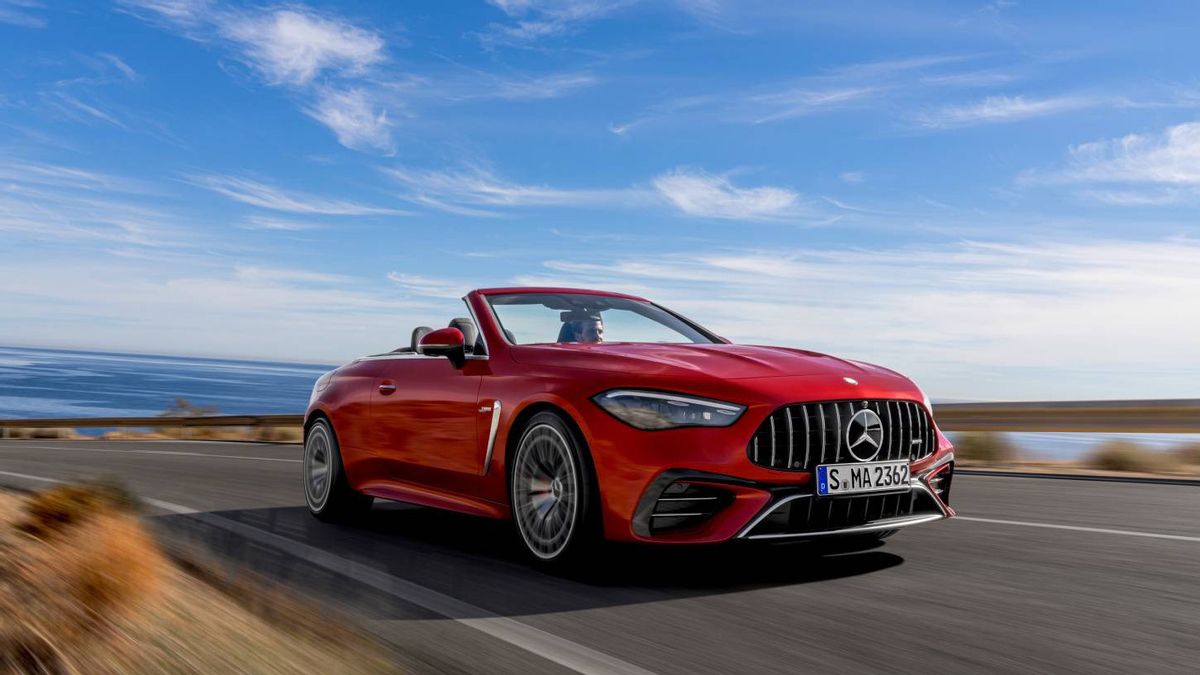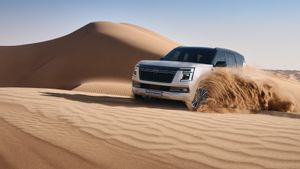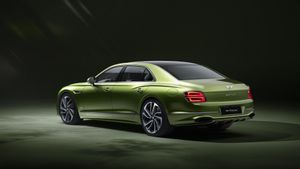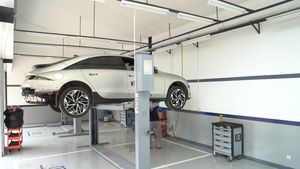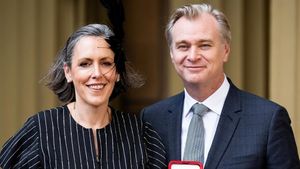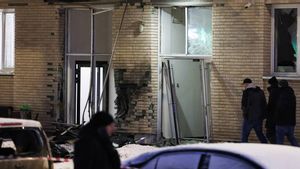JAKARTA - German car manufacturer Mercedes-Benz announced their electric car (EV) with solid-state batteries will be produced later this decade. It is known, Mercedes-Benz has invested heavily in Factorial, a battery startup company from the United States, to develop solid-state batteries. This advanced technology is promised to increase the reach of electric cars drastically.
Reuters reported on September 11, the battery, named Solstice, is claimed to be able to increase the range of electric cars by up to 80 percent further than the current average electric car. In addition, its energy density reaches 450 Watt-hours per kilogram, a very impressive figure.
So far, solid-state batteries are predicted to be technological breakthroughs for electric cars. The advantage lies in its ability to reduce fire risk, making electric cars lighter and more affordable has an impact on saving production costs. In addition, light cars will also be more energy efficient and due to higher energy density, electric cars can travel a long distance at a time.
Although promising, the development of solid-state batteries on a large scale is not as easy as imagined. Car manufacturers and battery companies still face various challenges. However, the need to reduce production costs and increase the reach of electric cars is a strong driving factor.
Mercedes-Benz itself actually already has a short-term plan. The company is piloting a quasi-solid-state battery made by Factorial which is expected to be present in their electric car by 2026. The advantage of the quasi-solid-state battery is similar to conventional lithium-ion battery production lines, so the production improvement process can be faster.
Real solid-state battery technology, on the other hand, will use solid material instead of electrolyte liquid. This not only reduces the risk of fire, but also allows the overall size of the battery to be smaller.
Factory CEO, Siyu Huang, explained that solid-state batteries also do not require a heavy and expensive cooling system like today's batteries. Thus, the overall cost of electric car production can be further reduced.
"Our focus is not only on the cost of battery cells, but also the overall cost of vehicles," Huang said.
SEE ALSO:
Unfortunately, the development of solid-state batteries still faces challenges such as less than optimal performance in cold weather and the tendency of batteries to grow.
Mercedes-Benz Chief Technology Officer, Markus Schaefer, is optimistic that the solid-state factorial battery can increase energy density by 40 percent compared to the current high-performance Mercedes batteries. This increase opens up two possibilities:
Schaefer added that lighter weights allow Mercedes to use steel on electric car bodies, replacing much more expensive aluminum and requiring more energy for its production.
In addition to Factorial, Mercedes-Benz is also working with Taiwanese battery manufacturer ProLogium to develop solid-state batteries. They also research the use of high silicon anodes as an alternative solution to increase electric car battery density.
"There are several challenges that must be overcome, but we have great engineering solutions to overcome them," said Schaefer. He is also optimistic that the Factory's target to develop Solstice on a large scale by the end of the decade can be achieved.
The English, Chinese, Japanese, Arabic, and French versions are automatically generated by the AI. So there may still be inaccuracies in translating, please always see Indonesian as our main language. (system supported by DigitalSiber.id)
